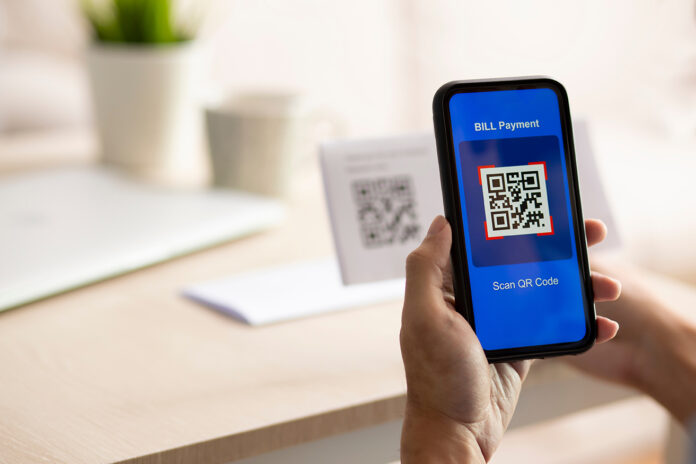In a letter issued to various ministries and regulatory bodies, the Ministry of Finance has requested an update on the implementation of Raast QR codes in public utility companies, marking the beginning of efforts to introduce real-time digital tracking of utility bill payments using these codes.
According to a news report, utility companies under the jurisdiction of the Cabinet Division, Power Division, and other relevant ministries have been instructed to coordinate with banks for the integration of the Raast system into their billing platforms.
The Raast Instant Payment System, developed by the State Bank of Pakistan (SBP), is a secure and efficient platform that supports Person-to-Government (P2G) and Person-to-Business (P2B) transactions. The dynamic QR code feature is particularly crucial, as it enables instant payment processing by embedding the consumer’s bill details directly in the QR code.
The initiative is part of the government’s ongoing efforts to enhance digital payments, reduce operational inefficiencies, and improve consumer experience.
The finance ministry emphasised the importance of the initiative to streamline payment processes and improve transparency. Under this new development, utility companies are required to implement Raast QR codes on their bills, which will allow consumers to make instant payments via banking apps, without the need for manually inputting reference numbers.
The move is aimed at reducing cash handling, improving reconciliation processes, and providing a transparent and traceable digital payment method for both the government and utility providers. Additionally, the SBP and Karandaaz will offer technical assistance to help utilities and banks ensure smooth integration with the Raast system.
The shift from manual reference-based payments to QR code scanning will eliminate errors, reduce late payment issues, and bring the country closer to its cashless economy goals. Ministries and regulatory bodies are now expected to work with utility providers to begin the rollout of this initiative within the set timelines.




